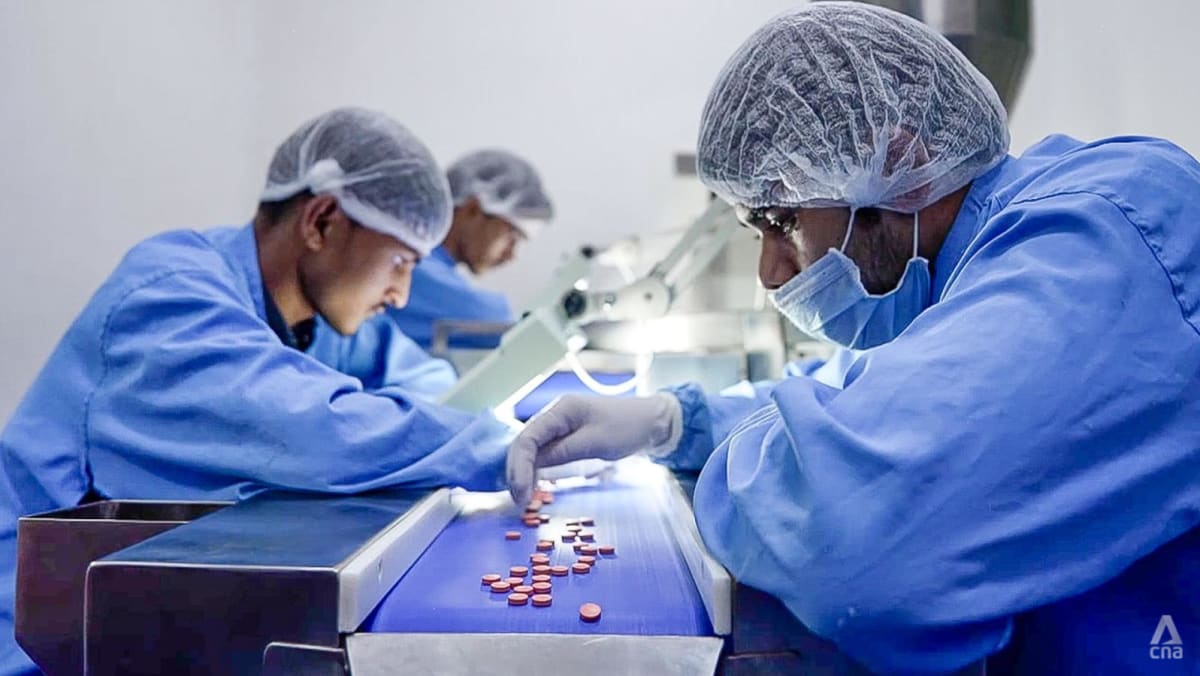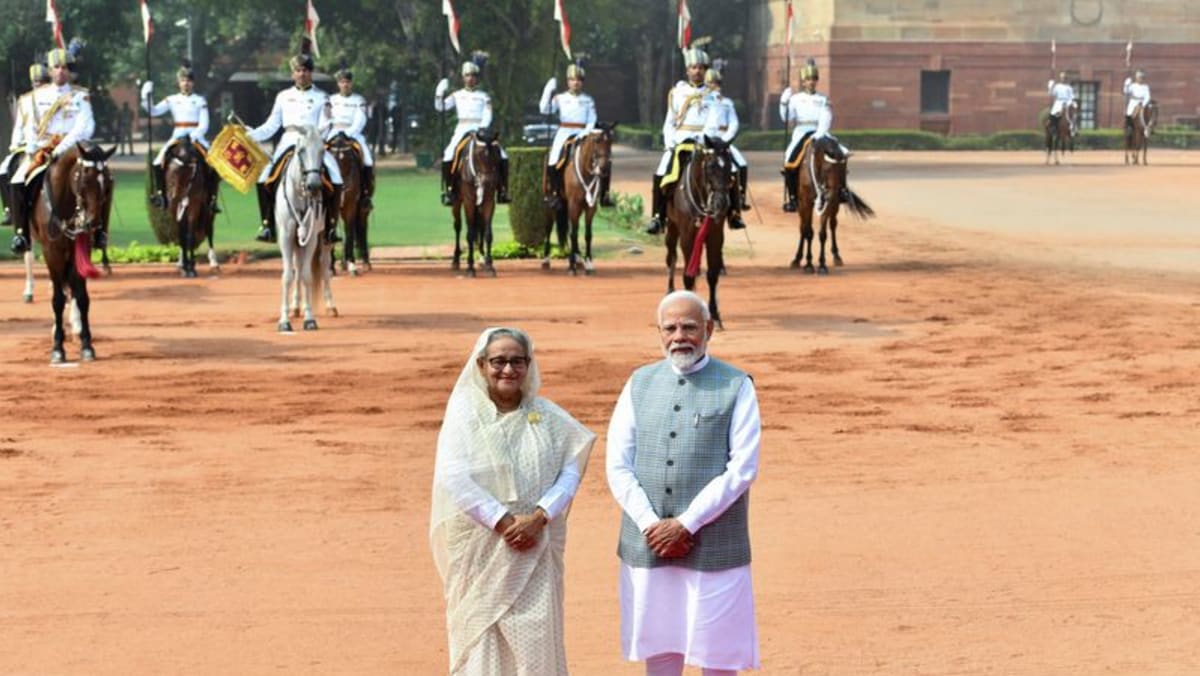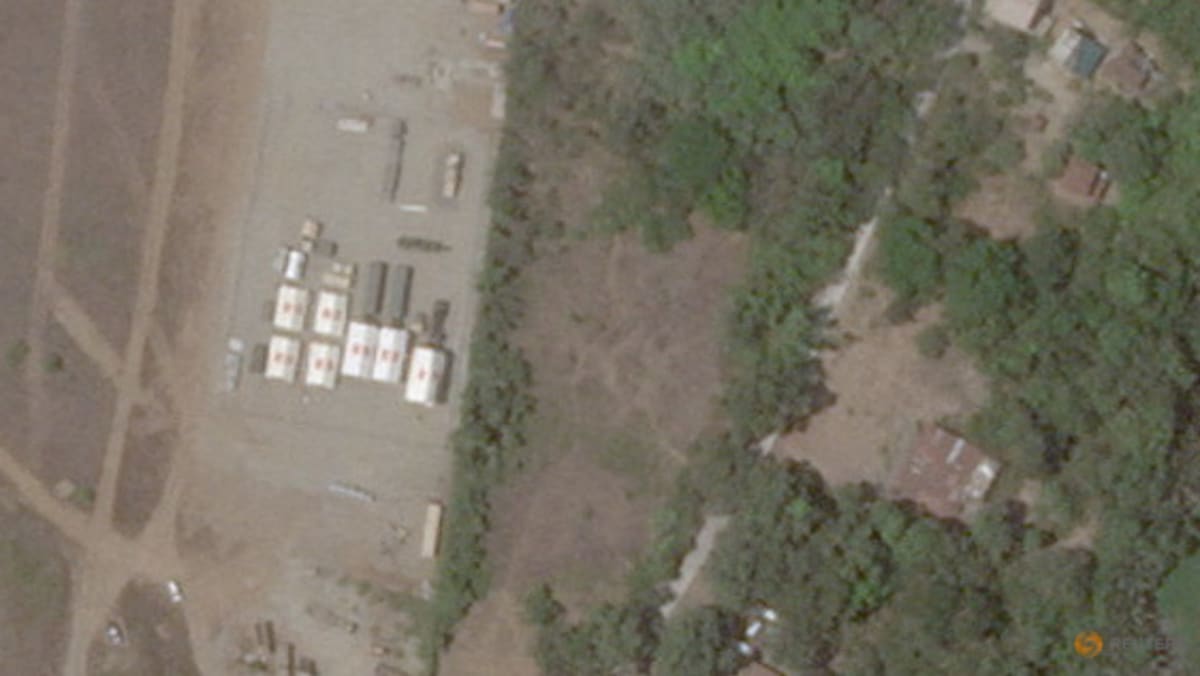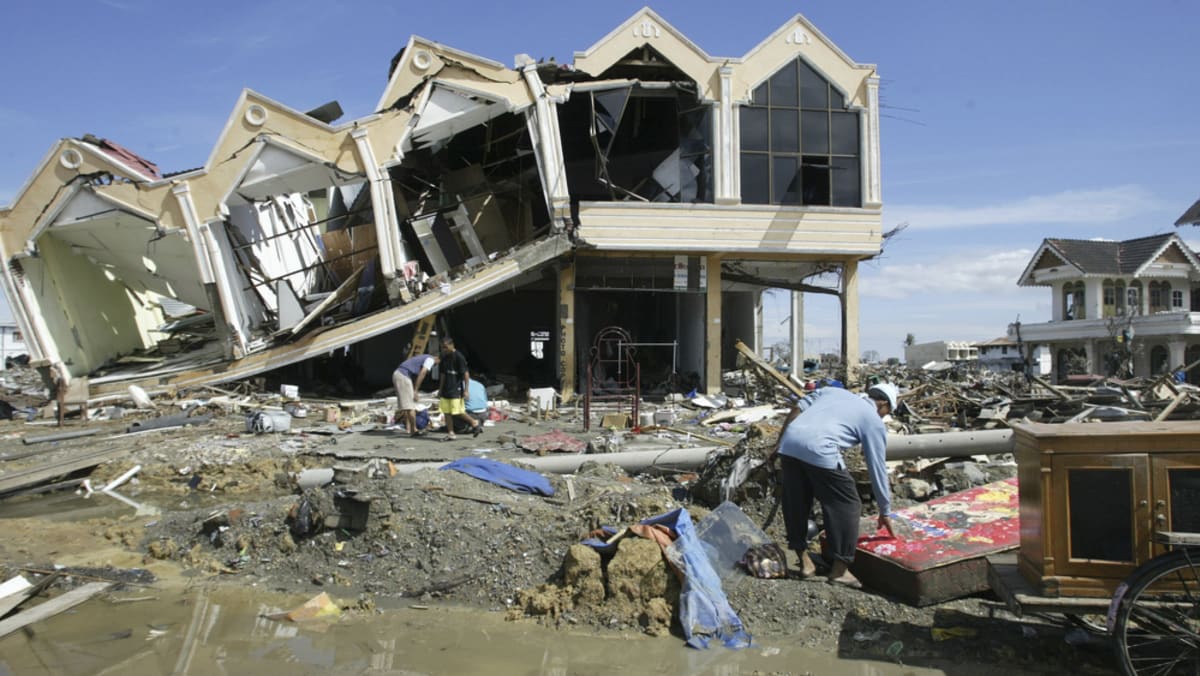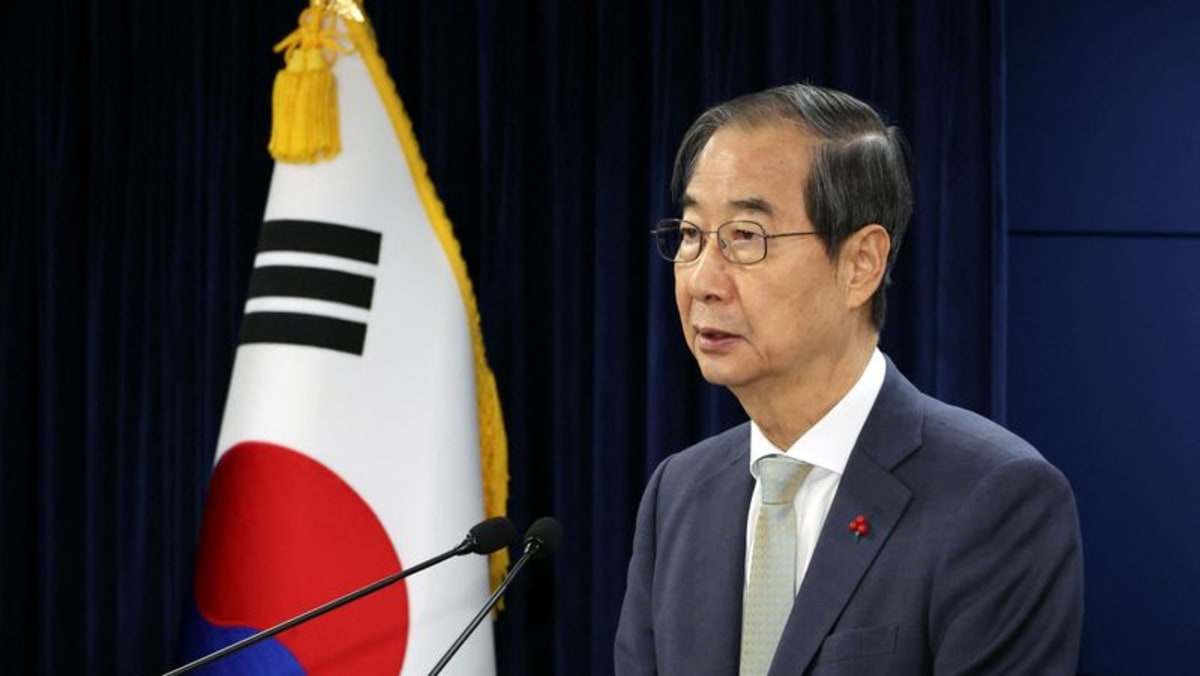Commentary: Why did North Korea blow up roads linking it with the South?
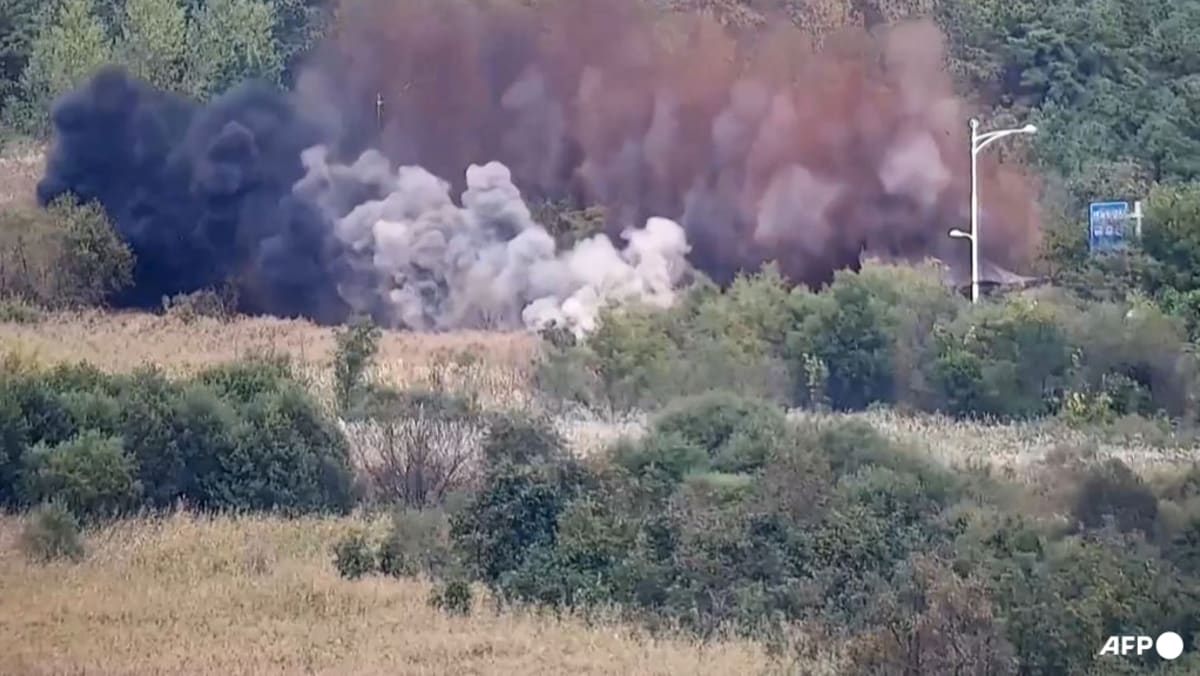
CHINA AND RUSSIA NOW STAND WITH NORTH KOREA
Internationally, North Korea’s regional position is better than it has been in years. It can consequently pursue a tougher line against South Korea.
Mr Kim announced this year that he would cease reunification activities with the South. North Korea, he said, will treat South Korea as a foreign and hostile power. Symbols of inter-Korean reconciliation in North Korea have been pulled down. These roads are the latest move in this campaign.
North Korea has never actually wanted unification. Peninsular integration would almost certainly be led by the South, which has a massive advantage in resources and technical skills. Any meaningful Korean federation – even without full unification – would eventually be dominated by the South.
If Korean unity ever occurs, it will likely result from North Korea’s implosion rather than the Kim family’s assent. But North Korea did maintain the pretense. It went through the motions that the two Koreas should be together, that North and South were equal brothers, just with different systems.
But today’s international environment is good enough for North Korea that it can drop the pretense. Most importantly, North Korea is now far ahead of South Korea regarding nuclear weapons.
This asymmetry gives North Korea leverage over the South; North Korea will likely use it to bully South Korea in future crises. And the permanency and rapid expansion of North Korean nukes and missiles make the country much less vulnerable. Inter-Korean pieties are no longer necessary.
Pyongyang’s diplomatic position is similarly good. The US and China are now decoupling and falling into what the Americans call “great power competition”.
Previously, China would occasionally cooperate with the US on North Korean issues. For example, it voted for nine United Nations sanctions packages on Pyongyang. But those days are over. China is now clearly competing with the US and, consequently, will do little to push North Korea over its weapons of mass destruction.
Russia, too, is much closer to North Korea now than in the past. Russia also voted for those sanctions packages. But like China, it no longer bothers to enforce them.
Indeed, Russian diplomatic action at the UN this year significantly crippled sanctions oversight. North Korea can now easily skirt those restrictions. Neither Moscow nor Beijing will take action to stop North Korean evasion.
Russia has also partially aligned itself with North Korea in the context of the Ukraine war. North Korea has provided ammunition for that conflict. We do not know what Russia has given in response. But Russian alienation from much of the world means that it will not turn on North Korea now.
Western analysts worry that China, Russia, North Korea and Iran are congealing into an axis of authoritarianism. Certainly, they are cooperating more closely because of the Ukraine war. North Korea benefits tremendously from this. China and Russia are now much closer to it, will not enforce sanctions, and will not push it on weapons of mass destruction. With friends like those, Pyongyang can afford to literally burn its bridges with Seoul.
Robert Kelly (@Robert_E_Kelly) is a professor of political science at Pusan National University.
Source: CNA


